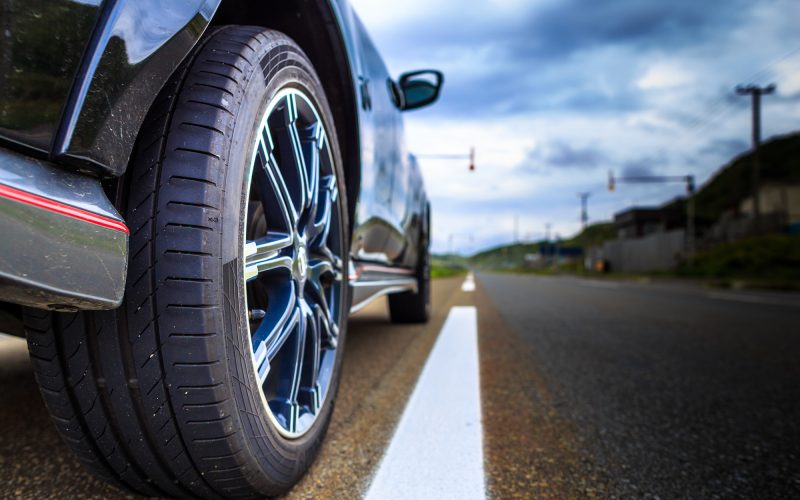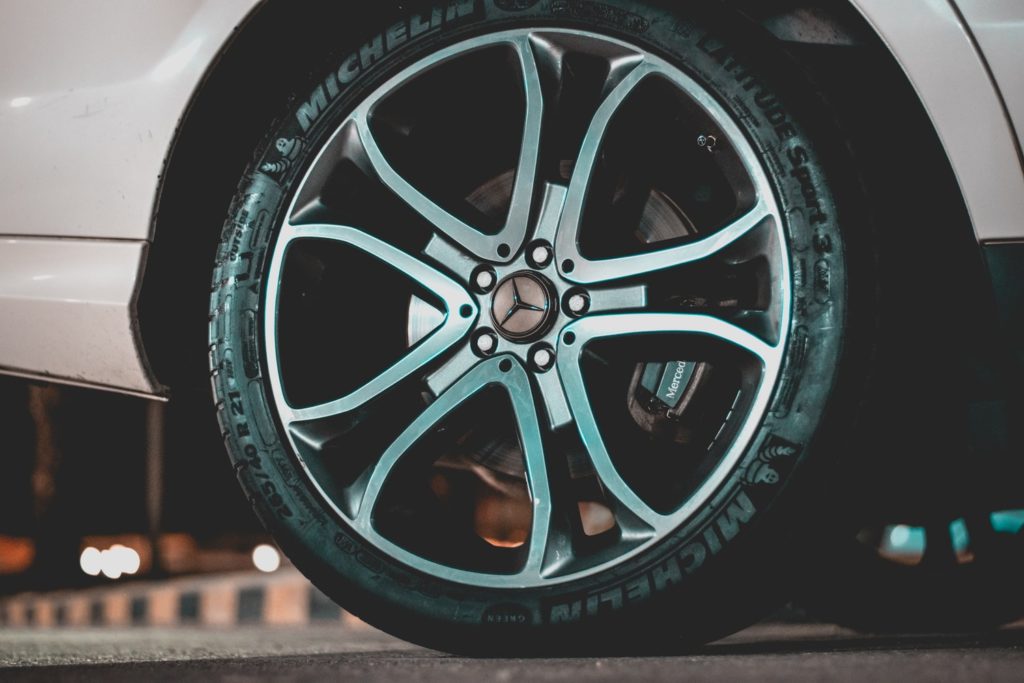As the pandemic pretty much ruined all the travel plans of everyone last year, people have slowly but surely resumed travelling after adjusting to the new norms. So far, there have been no concerts, no sporting events, no festivals, and not even large gatherings. However, one can still go on a road trip on his motorcycle, especially after the lockdowns has lifted and the roads are back to seeing a lot many vehicles plying on them on a daily basis. It actually pays to escape the hustle and bustle of the urban mess and ride to somewhere peaceful. Of course, it’s your motorcycle that will play the perfect partner-in-crime on your rides to find peace and solitude in nature. Needless to say, tires are among the most important but often the most neglected part of a bike. Here, we have a set of tyre maintenance tips from Maxxis before long rides.

Also Read: 4 Most Important Tips for First Time Car Buyers
Tyre Maintenance Tips
Before you get all excited and decide to leave home on your motorcycle, here are some recommendations made by Maxxis Tyres for the proper maintenance of your bike’s rubber so that you have a good road trip experience –
Check Tyre Air-Pressure: It is imperative to always check the tyre air inflation pressure of your vehicle in advance, as correct air pressure plays a key role in balanced braking, maximum grip, and maximum tyre life. The part of the tyre in contact with the road is the ‘footprint’. Incorrect tyre pressures will cause a lack of traction, rapid wear, and shorter tyre life. Ensure your tyres are filled with recommended air pressure as per your requirements – load – Solo/Dual Riding. Recommended air pressure can be checked by going through the “Vehicle Owner Manual” or “Tyre Information” sticker placed over the vehicle (fuel Tank/chain Set). Always make sure to use Valve Caps as it protects the valves not only from dirt and dust but also prevents air leakage.
Check for Adequate Tread Depth: This one is among the most important of the tyre maintenance tips. Proper tread depth helps to prevent tyres from aquaplaning/skid and makes riding safer especially during wet weather conditions. Therefore, it is always advised to check the tyre tread depths of your vehicle. All we need to do is compare the tyre tread’s depth with “TWI: Tread Wear Indicator – Bars” found in-between the tread grooves. If the tread depth has or nearly reached the TWI – raised bar height, then the tyre needs to be replaced and it will not be safe to ride, especially for longer routes where we require more traction due to high speed.
Also Read: Must Have Accessories for Road Trips
Age of Tyres: All it takes to find out the age of the tyres on your vehicle is to check the four-digit date of manufacturing on the sidewall of the tire. The first two digits tell you the manufacturing week while the last two tell you the year of manufacturing. It’s important to replace the tires in case they are anything more than 5 years old, irrespective of the tread they still have.
Identify and Fix Air Leakages: In case you need the tire(s) of your vehicle to be inflated every few days or every week, chances are there’s a minor puncture that you need to find out and repair. In fact, it’s easier if you go to a nearby puncture shop and get the tyre checked for air leakage. Once the leakage spot is detected, you can have the tyre repaired or even choose to buy a new tyre in case the leakage is occurring from a part of the sidewall.

Also Read: Driving in Monsoons – Car Care Tips
Visual Inspection: Even this one is among the most important of the tyre maintenance tips. It’s important to do routine visual inspections of the tires. Look for cuts or bulges in the tires. This is important as a bulge in the sidewall or cracks can lead to a tyre burst while you’re using your vehicle. Get any tyre found with cracks and bulges replaced immediately. This will save you from getting stranded on the highway or in the worst case, from a mishap.
Carry Emergency Tools: Always keep a puncture repair kit and a tyre inflator with you during long drives/rides. This will help you easily get out of a sticky situation in case you suffer from a puncture or a damaged tyre.
So, do you find our tyre maintenance tips useful? Stay tuned to CarBlogIndia for more such posts.

